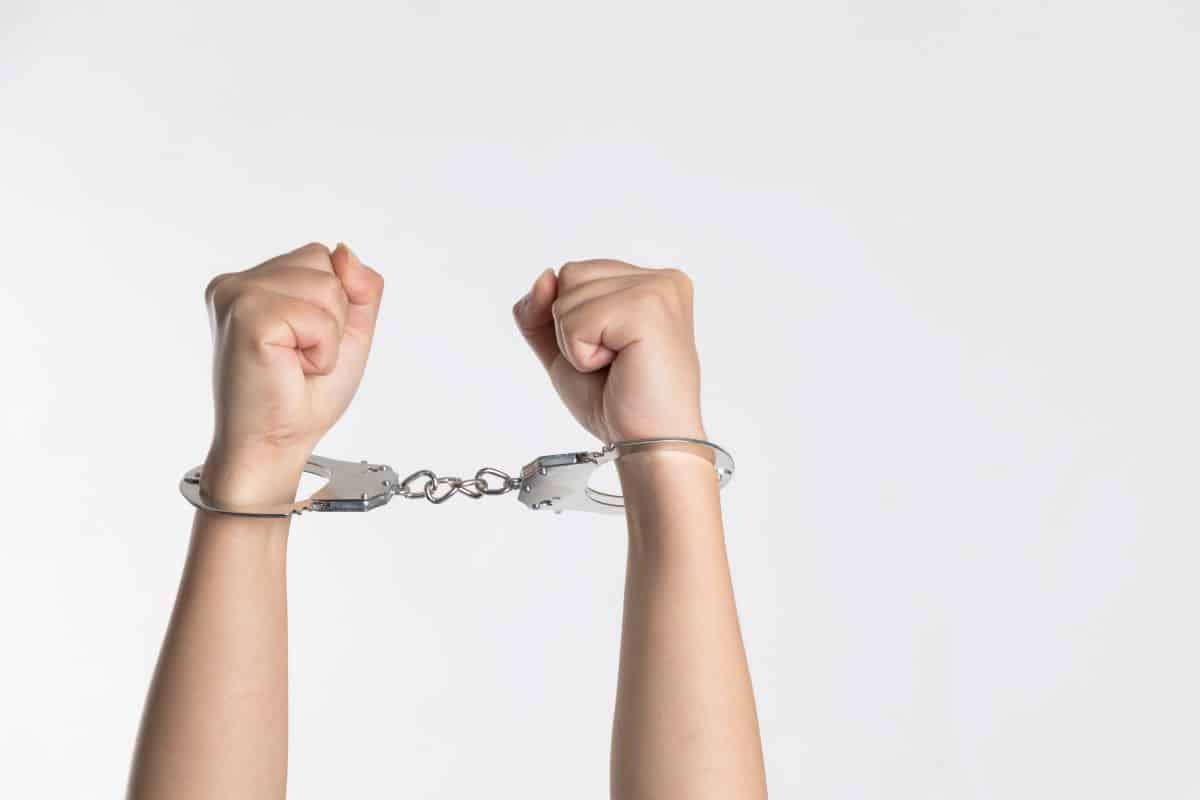
25 Jan 7 Key Questions Asked In a Deposition for a Criminal Case
A Criminal Case Deposition – What To Expect
When someone is accused of a crime, they will be required to give a deposition. This is a formal question and answers session that happens outside of court, with a lawyer representing the person accused of the crime and one or more lawyers representing the potential victim or victims. The lawyers are the only ones who ask questions and they can vary greatly.
If you find yourself preparing for a deposition or you are simply curious about it then this article is for you! We will walk through the main questions you can expect and much more. So to get started, here are the 7 Key Questions Asked In a Deposition for a Criminal Case:
- What is your name?
- What are you doing here today?
- What is your relationship to the case?
- How do you know the person/people involved in this case?
- When did you first learn about the incident?
- What, if anything, did you do in response to learning about the incident?
- How do you know the victim/people involved?
 Of course, several more questions will be asked but these are almost always included and started with. Do these 7 questions surprise you? Perhaps you are wondering why these are the most common ones asked. And you’re likely wanting to know what other questions they are allowed to ask you. Let’s dive a little deeper into all of these things.
Of course, several more questions will be asked but these are almost always included and started with. Do these 7 questions surprise you? Perhaps you are wondering why these are the most common ones asked. And you’re likely wanting to know what other questions they are allowed to ask you. Let’s dive a little deeper into all of these things.
1. What Is Your Name?
This question is pretty self-explanatory. The lawyer wants to know who they are talking to. This is especially important in a criminal law case because the person giving the deposition could be a witness or even the accused themselves.
So although it seems arbitrary, it’s almost always the first question asked. You may even be asked to provide proof of identity. In addition to that question, they may also ask you to state your address, phone number, date of birth and even ask you for identifying marks.
This is particularly important in domestic violence cases where the accused could be “tracked down” if he or she doesn’t show up at court. Lawyers will even request to see your driver’s license during this process.
2. What Are You Doing Here Today?
The lawyer wants to make sure you are there voluntarily and that this is truly an opportunity for you to provide them with any information they may need. The last thing they want is for someone to sit through hours of questions when they don’t have anything helpful or important to say.
So you must be completely honest about why you are there. This is especially important because you are under oath.
3. What Is Your Relationship To The Case?
This is often one of the first questions asked in a deposition, after who you are and why you are there. Lawyers need to know how close or far away their relationship is to the case they are currently examining so they can better question them. They may choose to discontinue questioning if they determine your relationship is too weak.
You can expect questions like, what you do for a living, are you related to the accused or victim, etc. This is all information that lawyers need to prepare themselves before asking any important questions. It’s also something that could potentially affect how much weight your testimony will hold.
4. How Do You Know The Person Involved In This Case?
This question is asked to determine how reliable your testimony may be. Do you have a personal relationship with the victim or accused? Are you just an acquaintance?
This information is crucial for the lawyer to know as they move forward with questioning you. This will also help them determine if you may be biased in any way. If you are withholding any information they may find evidence of your bias in later questioning. So it’s important, to be honest about everything when being questioned.
What is important to remember here, though, is that your relationship with the accused doesn’t have to be bad or serious for them to consider you an “unreliable witness”.
Many times, if you don’t have a good relationship with the person, your testimony may hold more weight because you aren’t likely to be biased.
5. When Did You First Learn About The Incident?
Another important question the lawyer wants to determine is how much time has passed since the incident occurred. This information is important because as time goes on it becomes harder to remember details and people’s stories may change.
Lawyers need to be able to track the accuracy of their testimony over time. They also want to know how reliable your information is, for instance, if you heard about it from someone else.
Lawyers also need to know how important your testimony is in terms of timing. It’s common for lawyers to use timelines when questioning people involved with the case.
So if you are aware of more than one version of the story, which do you think is the most accurate? How did you hear about it? Who was there when it happened? All these details are crucial for the lawyer to determine how reliable your information is.
6. What Did You Do In Response To Learning About The Incident?
This question is to see if you took any action after learning about the incident. This could be anything from talking to the victim to trying to find more information about the situation. It’s important for the lawyer to know because it can help them determine how reliable your information is.
What you did in response to hearing about the incident can be important for a variety of reasons. One reason is that it can show if you reacted inappropriately or not. For instance, if you were angry about it right away, then this may help prove your bias against the accused person.
If the lawyer can determine that you didn’t take any action, they may question why. This could be because you didn’t believe the victim or you thought it was a false accusation.
 7. How Do You Know The Victim/People Involved?
7. How Do You Know The Victim/People Involved?
This question is important because it can help to establish a relationship between the defendant and the victim. It could also help to determine who was first aware of any issues or problems. For example, if someone was being charged with assault then this question could show that they were first aware of ongoing issues with the victim.
It’s important to remember that the lawyer is trying to track the relationship between the defendant and victim. This information can be helpful in later questioning. It could help the lawyer determine if the defendant had a motive to commit this crime or not.
If they were in a close relationship with the victim, did they break up recently? Did the defendant get out of a bad relationship and is now retaliating on their ex-partner? These are examples of the types of questions that might be asked.
Additional Deposition Questions They May Ask
Again, the questions listed above are the most common ones but here are a few others you can expect to help you prepare for a criminal deposition.
What Information Have You Gathered About The Case?
This is a key question in a deposition. Lawyers want to know what resources you have looked into at that point and how far back your information goes.
They will likely ask you about witnesses you have spoken to, news articles, police reports, and even social media posts related to the incident.
What Do You Think Happened?
This question can be difficult because you could potentially tell the lawyer something completely different from what they find in their investigation, or what other people involved with the case have said.
Lawyers need to keep an open mind about this question and ensure that you and everyone else they’ve interviewed is consistent in their story.
Did You Ever See The Defendant With A Weapon?
If the victim or other witnesses mentioned seeing a weapon, then this question is very important for the lawyer to ask. It’s meant to establish whether this person had access to a weapon. They could have easily used it in the commission of the crime.
 Did The Defendant Threaten To Hurt Or Kill You?
Did The Defendant Threaten To Hurt Or Kill You?
Threatening someone is a serious offense and one that could lead to more charges being filed. If the lawyer can establish that the defendant made threats against you, it shows their intent to cause harm. This could be used as evidence in the case.
Conclusion
These are just some of the questions that may be asked in a criminal deposition. As you can see, they vary greatly in nature and can help to establish important facts about the case. By preparing for these, you can ensure that you’re better equipped to answer them.
Remember, the most important thing is to be truthful and honest with your answers. If you are involved in a criminal case then it is best to immediately work with an attorney who can help you navigate your deposition legally and safely.





